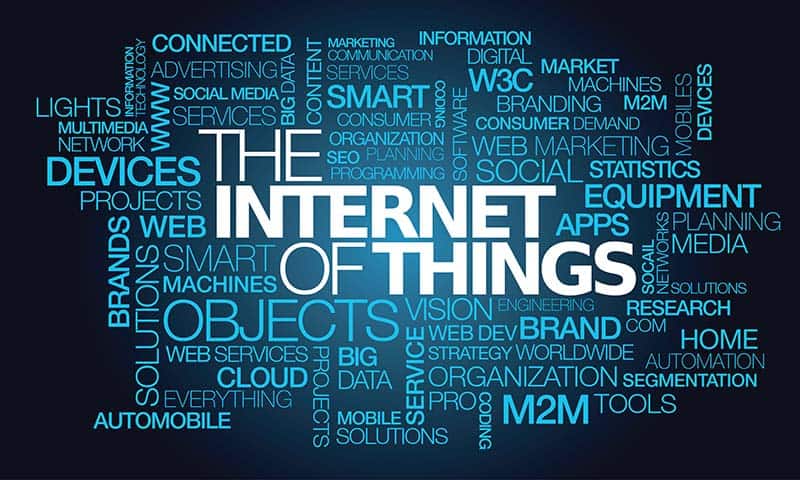
Things hold humans to ransom

A rash of incidents floods the world's networks
- Dateline
- 11 June 2019
I still remember at the turn of the millennium when the ‘Internet of Things’ seemed to be such a benevolent business opportunity. There were going to be 1000 times more ‘things’ connected to the internet than humans, and that was going to be great for business.
Well, the ‘Internet of Things’ is truly here. Almost every physical object has some sort of digital content embedded in it. Some are passive pea-brained objects (such as a can of Coke or a bottle of ketchup), others (such as watches and home appliances) have the full gamut of embedded technology that puts the entire Apollo space program in the shade.
KraftHeinz, the world’s largest food company, recently announced that the smart technology embedded in their packaging (from cans of Beanz to bottles of sauce) would now connect directly with consumers and customers of their TGIF and WeightWatchers franchises to create smart networks that would monitor and potentially improve the health of their billions of customers worldwide.
Within two months of their announcement the recent spate of hacking attacks started. It is believed that a distributed virus built into their packaging is infiltrating cars and smart homes and holding users to ransom.
“I received a message in my car,” said one victim, “asking me to transfer $100 within the next five minutes or else my heating system would ignite and burn down my house. I immediately drove home. When I tried to leave my car I found that the car doors had been locked shut. I could see smoke billowing out of the basement and flames lapping at the front door.”
To date no one has been able to trace the source of these blackmail attempts but they are becoming increasingly common, and varied.
Executives at KraftHeinz claim their smart packaging cannot be responsible for these events, but increasingly it seems that the interconnected nature of their prolific packaging has provided a perfect platform for hackers to build bridges into most digital appliances.
Links to related stories
- Fiat Chrysler recalls 1.4 million cars after Jeep hack - BBC, 24 July 2015
- What is ransomware? A case study - Grand Valley State University, January 2015
- How to rescue your PC from ransomware - PC World, 13 January 2014
- MindBullet: THE MICROWAVE GAVE MY TOASTER A VIRUS FOR CHRISTMAS (Dateline: 1 January 2013, Published: 29 December 2011)
Warning: Hazardous thinking at work
Despite appearances to the contrary, Futureworld cannot and does not predict the future. Our Mindbullets scenarios are fictitious and designed purely to explore possible futures, challenge and stimulate strategic thinking. Use these at your own risk. Any reference to actual people, entities or events is entirely allegorical. Copyright Futureworld International Limited. Reproduction or distribution permitted only with recognition of Copyright and the inclusion of this disclaimer.